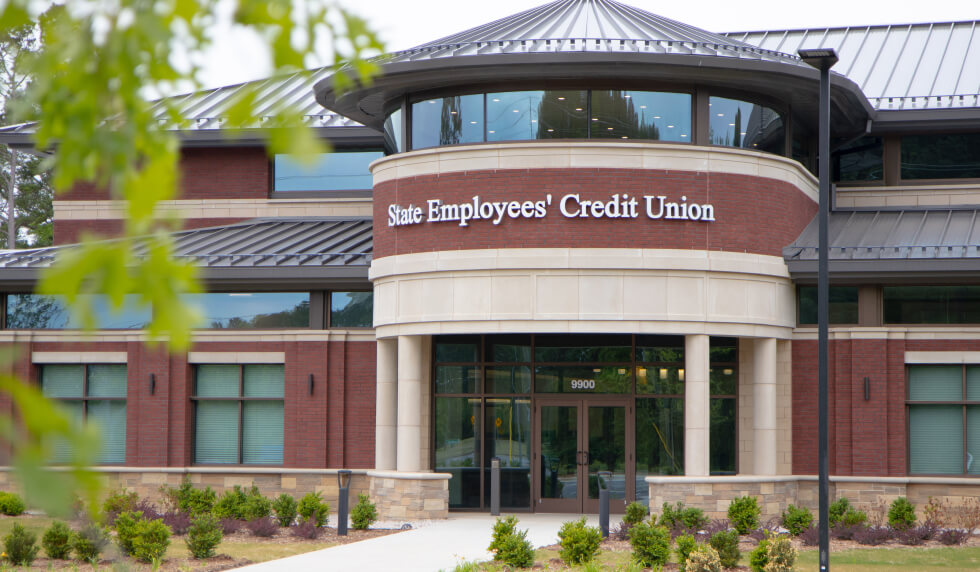A credit union is a not-for-profit cooperative financial institution, owned by its members, who use its services. Members are a group of people who share a common bond, known as a "field of membership." Because members share in the ownership of their credit union, member deposits held in credit union accounts are called "shares."
Credit unions exist to provide a safe, convenient place for members to save money and to obtain loans at reasonable rates. Profits made by credit unions are returned to the membership in the form of reduced fees, higher savings rates, and lower loan rates. Like other financial institutions, credit unions are regulated by an authoritative body. State-chartered credit unions are regulated by the state supervisory authority where the credit union’s main office is located, and federally-chartered credit unions are regulated by the National Credit Union Administration (NCUA), who also administer the NCUA Share Insurance Fund. Very large credit unions are also regulated by the Consumer Financial Protection Bureau (CFPB).

